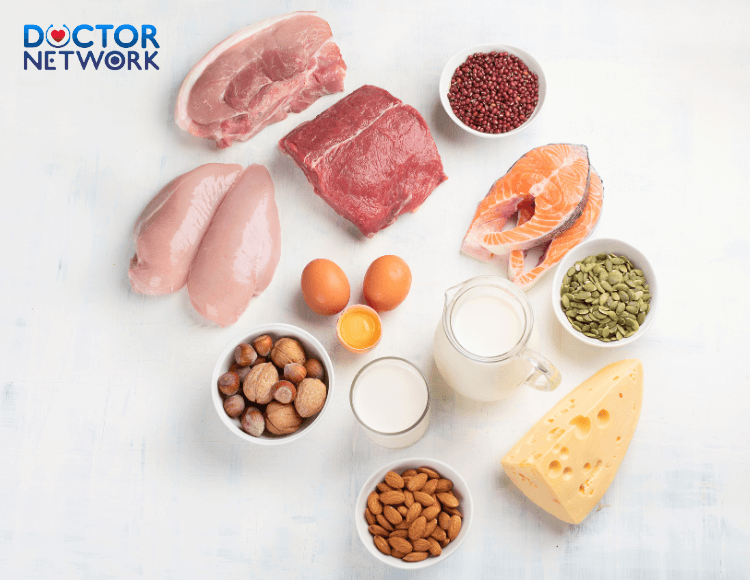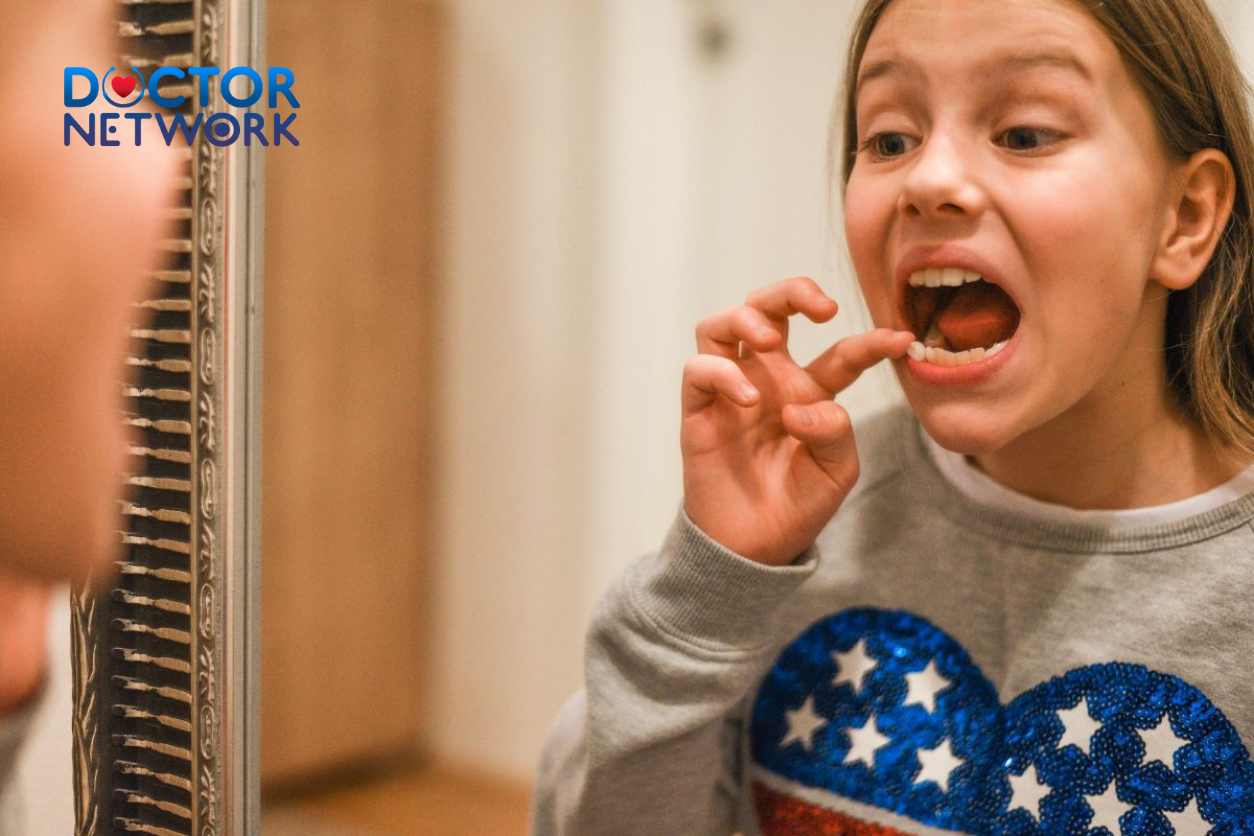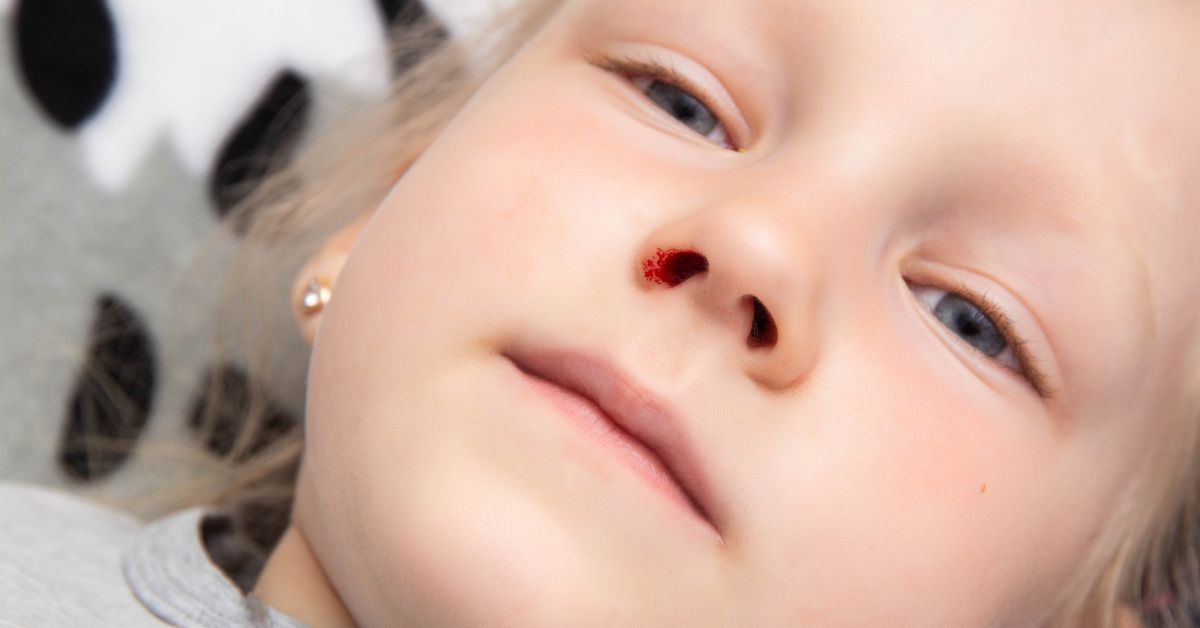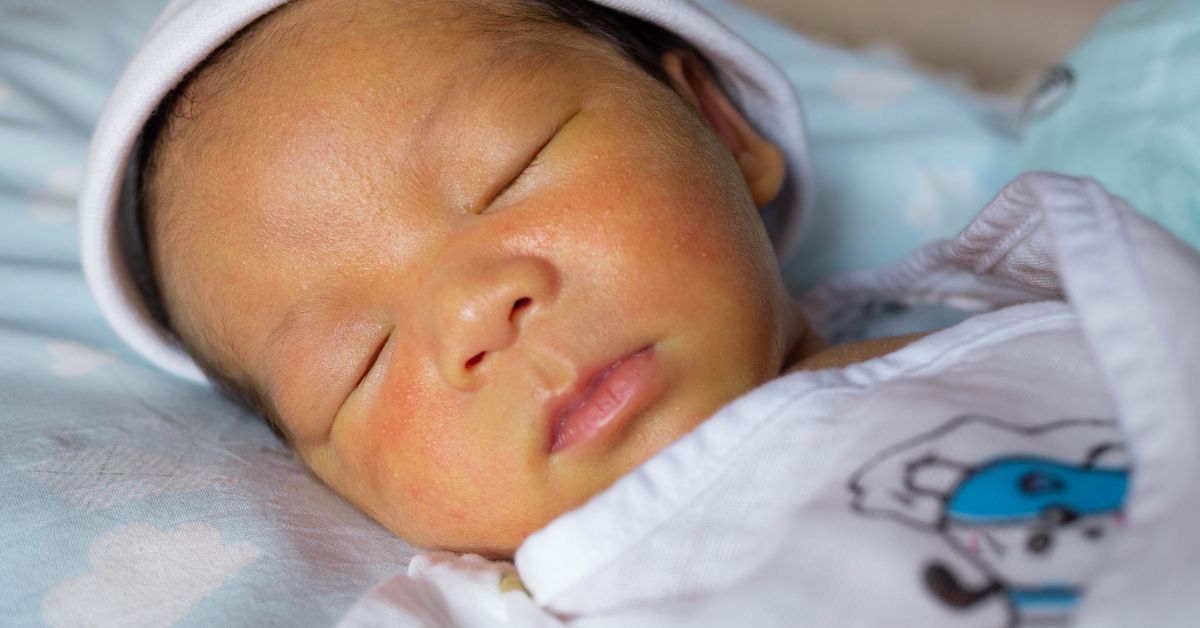In the medical field, determining the gender of a fetus is not only a significant aspect of the pregnancy process but also raises numerous questions and concerns among parents. One topic of interest and research is whether the nutritional intake of pregnant women affects the likelihood of having a male child. Consequently, the significance of determining fetal gender through diet becomes highly pertinent and garners considerable attention. This article will provide essential information on “what to eat to have a boy.”
Nutrition and Fetal Gender
Healthy Nutrition to Increase the Chance of Having a Boy
- Weight and Diet:
The weight of a pregnant woman plays a crucial role in determining the gender of the fetus. Studies have shown that women with higher body weight are more likely to give birth to boys. A balanced diet, including adequate nutrients such as protein, calcium, and vitamins, can facilitate favorable conditions for the gender determination process of the embryo.

A balanced diet can facilitate the process of embryonic gender determination
- Nutrient-Rich Foods and Their Impact on Gender Formation:
Certain nutrients, such as potassium and sodium, are believed to influence the determination of the fetus’s gender. A nutrient-rich diet can positively affect the hormonal environment, creating ideal conditions for Y sperm (male gender chromosome-bearing sperm) to fertilize the egg.
Foods That Enhance Reproductive Health
- The Impact of Food on Male Reproductive Health – What to Eat to Have a Boy:
Diet can affect sperm quality, including quantity and motility. Foods rich in folic acid, vitamin E, and omega-3 can have positive effects on male reproductive health, increasing the chances of having a boy. - Diet and Sperm Quality – What to Eat to Have a Boy:
Consider a diet containing foods high in zinc and selenium to support sperm production. A diet rich in antioxidants may help reduce the rate of sperm DNA damage and increase the likelihood of having a boy.
Foods That May Influence Fetal Gender
- The Influence of Diet on Male and Female Embryos:
Research indicates that certain foods and nutrients may have different impacts on male and female embryos. The hormonal environment created by one’s diet can facilitate the gender determination of the embryo. - Foods That Could Change the Gender of the Fetus:
Foods containing compounds that could affect the gender determination process of the fetus. Dietary control may be an important factor in optimizing the chances of having a boy.
Eating Habits to Have a Boy
Dietary Methods to Increase the Chance of Conceiving a Boy
A special nutrition plan to create favorable conditions for Y sperm. Increasing nutrients like magnesium and vitamin D in the diet can improve the health of Y sperm. A diet rich in protein and low in fat can create an ideal environment for Y sperm, enhancing the chances of fertilizing the egg.
Maintaining a healthy lifestyle, including a balanced diet and exercise, can support the fertilization process. Avoiding unhealthy foods and lifestyle habits can reduce stress and improve sperm quality, increasing the chances of having a boy.

Maintaining a healthy lifestyle, including eating a balanced diet and exercising, can support the fertilization process
Nutrition and Fetal Gender Link
Studies show a relationship between diet and the likelihood of having a boy. Nutritional factors, such as calorie intake and a potassium-rich diet, can influence gender selection during fertilization. Further research and consensus in the research community are needed to draw accurate conclusions on how diet affects fetal gender.
In summary, “what to eat to have a boy?” Research into the relationship between diet and fetal gender determination reveals that a mother’s nutrition significantly impacts the process of having a boy or a girl. However, before making any dietary changes with the hope of having a boy, careful consideration and professional medical support can ensure that dietary decisions are not only safe but also effective for the health of both the mother and the fetus.
The Influence of Diet on Gender Genes
Diet may impact gender genes – what to eat to have a boy.
- The Connection Between Diet and Fetal Gender Determination:
Research has demonstrated that a mother’s diet can influence the gender determination process of the fetus. Changes in nutrient quantities and dietary patterns may affect the development of Y sperm and female reproductive capacity. Studies on the Relationship Between Nutrition and Offspring Gender:
Genetic research has proven that diet can affect the inheritance of gender genes. Nutritional factors may directly stimulate or inhibit Y sperm during the fertilization process. The Relationship Between Gender and Diet:
- Research on the Link Between Diet and Having a Boy or a Girl:
Studies support that a calorie and calcium-rich diet may increase the chances of having a boy, whereas a diet rich in magnesium and potassium may positively influence the chances of having a girl.

There is research to support that a diet rich in calories and calcium can increase the chances of having a boy
- Foods and Nutritional Factors That Can Change the Gender Ratio of Offspring:
Certain foods containing specific nutrients can alter the gender ratio of offspring. Nutritional factors such as the pH of amniotic fluid and minerals can impact the gender selection of the fetus during embryonic development.
Scientific Evidence on “What to Eat to Have a Boy”:
Here are some scientific findings on “what to eat to have a boy“:
- Stolkowski G, Brzozowska M. (2016): This study indicates that a high-calorie and fat diet may increase the likelihood of having a boy. However, the research methodology and sample size could affect the accuracy of the results.
- Mathews F, Johnson PJ, Neil A. (2008): Some studies have shown that a diet rich in potassium and sodium may increase the chances of having a boy. However, despite the association, this is not an absolute correlation and can be influenced by other factors.
- Pei L, Ji Y, Gao J, et al. (2017): Some research suggests that a high-calorie diet may increase the chances of having a boy. However, more studies are needed to confirm and re-evaluate these findings.
Further research and consensus in the research community are necessary to arrive at a general and accurate conclusion regarding how diet can affect fetal gender.
In conclusion, “what to eat to have a boy?” In the process of researching the relationship between diet and fetal gender determination, it has been observed that a mother’s nutrition significantly influences the process of having a boy or a girl. However, before making any dietary changes with the hope of having a boy, proper consideration and specialized medical support will ensure that dietary decisions are not only safe but also effective for the health of both the mother and the fetus.
References:
https://www.marchofdimes.org/find-support/topics/pregnancy/eating-healthy-during-pregnancy
https://www.hopkinsmedicine.org/health/wellness-and-prevention/nutrition-during-pregnancy
https://www.mayoclinic.org/healthy-lifestyle/pregnancy-week-by-week/in-depth/pregnancy-nutrition/art-20045082
Kiểm Duyệt Nội Dung
More than 10 years of marketing communications experience in the medical and health field.
Successfully deployed marketing communication activities, content development and social networking channels for hospital partners, clinics, doctors and medical professionals across the country.
More than 6 years of experience in organizing and producing leading prestigious medical programs in Vietnam, in collaboration with Ho Chi Minh City Television (HTV). Typical programs include Nhật Ký Blouse Trắng, Bác Sĩ Nói Gì, Alo Bác Sĩ Nghe, Nhật Ký Hạnh Phúc, Vui Khỏe Cùng Con, Bác Sỹ Mẹ, v.v.
Comprehensive cooperation with hundreds of hospitals and clinics, thousands of doctors and medical experts to join hands in building a medical content and service platform on the Doctor Network application.

























